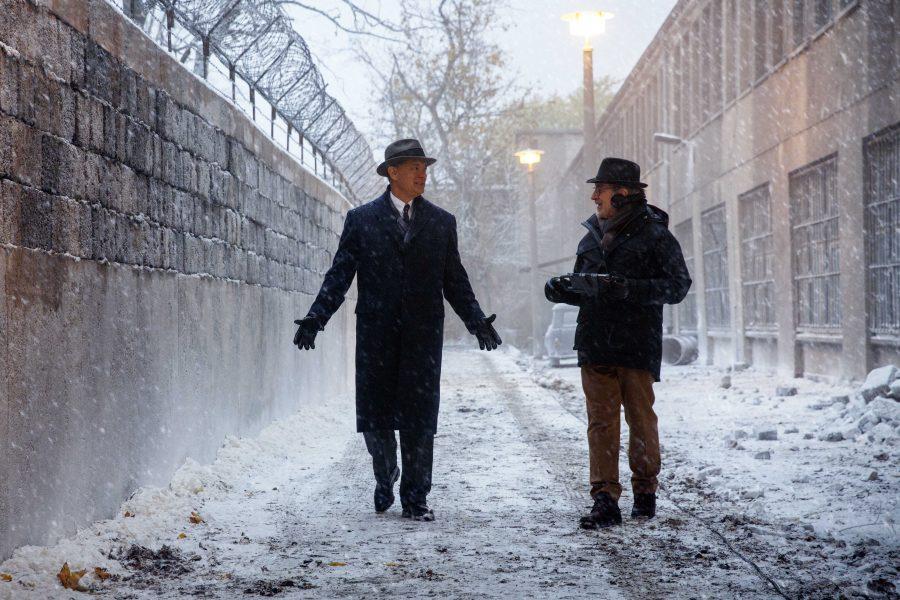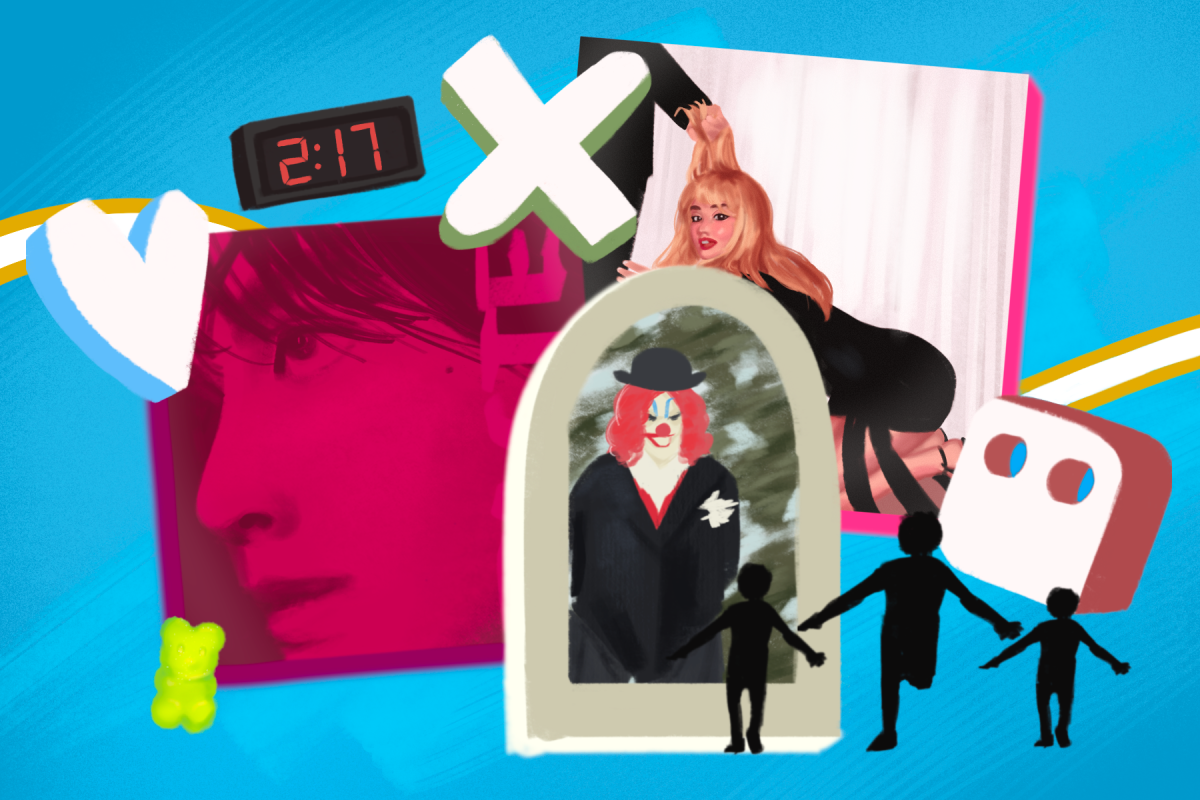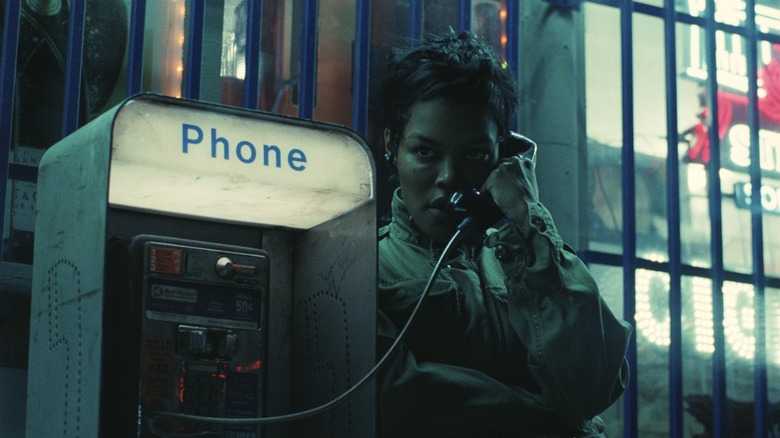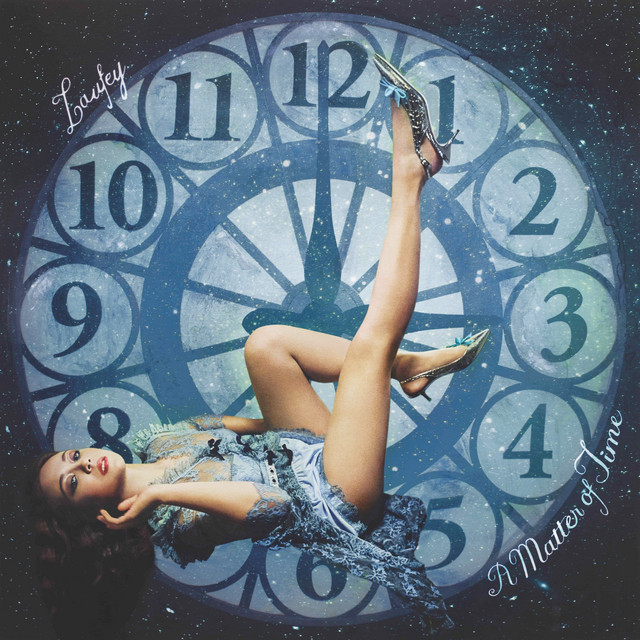Spielberg explains why his new Cold War drama “Bridge of Spies” is relevant today and how being a father gives him the desire to revisit history.
Jacky To, UCSD Guardian: What was the most challenging scene to film in “Bridge of Spies”?
Spielberg: The most challenging scene of “Bridge of Spies” by far was the scene on the Glienicke Bridge. We actually shot on the real bridge where the spy swap occurred all those many decades ago. That was the most difficult part, because I was faced with a scene that must pay off, that must culminate in the drama of everyone’s stories, especially on one location — which happened to be, symbolically, a bridge. There was a lot of pressure for me to perform and do a good job, and get the actors to do equally good jobs. So that was a difficult scene, not just because it was so cold and we were all freezing, but because there was a lot of weight on all of us to make that the best scene in the movie.
Caitlin Mayo, SF Foghorn: What made you decide to direct a film about James B. Donovan’s negotiations, and why do you think his story is relevant and will resonate with audiences in this day and age?
Spielberg: Well, I think this story is only as relevant as the people who find that kind of story interesting. I don’t ever want to impose what I find relevant on others who might not. But I feel, just speaking personally, somebody who has the talent to negotiate and not intimidate, to cajole and not threaten, to basically compromise and not rattle sabers, is something that this world needs a lot more of that we’re just not getting. I just find that Donovan, played very authentically by Tom Hanks, is a great example of what we need more of today — not only in the diplomatic corps but on Capitol Hill.
William Thorne, Daily Bruin: I especially enjoyed the vignette of Donovan stepping on a paparazzi’s discarded camera bowl. Was there any symbolism behind that moment?
Spielberg: As a director, sometimes I find things on the set on the day of shooting, and that was just one such instance. I never planned on showing the flashbulbs, so therefore, there was no premeditation or metaphor intended. But when I saw the flashbulbs laying there, it reminded me of my own childhood when all of us had flashbulbs that you would pop out with your thumb and they hit the floor. I just thought it was a kind of an acknowledgment of that era when celebrities or people who were infamously on the national scene were suddenly thrown from suburbia into a situation where they, for the first time in probably their entire lives, had to step on flashbulbs.
Nicole, Fordham Observer: There were humorous moments in the film. How do you approach using humor?
Spielberg: Well, I think there’s humor in every situation. And the worse the situation, the more the characters in the situation need to find something to distract them from the imminent dangers. Humor, to me, is a natural byproduct of just being alive and being able to respond. I find that even in my most serious movies, to not have humor would be to deny the actual existence of the way all of us kind of live our lives. Even when we think nothing’s funny about what’s happening to us, there’s always somebody watching who thinks it’s pretty funny to them.

Ashley Probst, Chapman Panther: You started out making films in the 70s with a scientific and supernatural narrative drive. Now, in more recent years, you’ve transitioned to more historical-fiction-based dramas. How much of a role do you play as an educator when directing historical fiction?
Spielberg: When I became a dad for the first time, life took a very serious turn. I just became concerned about something that I was never concerned about, which was the future of my children. When I started having kids, it made me look ahead, and then that forced me to look back. I’ve always said to my kids, “you can’t go forward unless you know where all of us collectively have been.” And so I’ve always had this interest in historical subjects and biographies, but I never really turned to that until I got serious about being a parent.
Jacky To, UCSD Guardian: Going off that, given that you’ve been directing for so many years, do you feel that the nature of the craft has changed at all, or that on this film you did something you’d never done before?
Spielberg: Well, quite often, I do a movie in a genre of which I’d never done before. I’d never done anything like “Saving Private Ryan” before. I’d never done anything like “Schindler’s List” before. I’d never made a movie like “Jaws” before or “Raiders of the Lost Ark”. There are so many movies that, for me, were complete firsts. There are other movies — like the sequels to the adventure movies or the sequels to the dinosaur movies — that are no less challenging but the originality in concept is not as exciting or as dangerous as the first ones were. So, I’m more challenged by a genre, like for “Bridge of Spies”, because I’d never done anything about spies before. I’m more challenged by something like that than I am by something that I’ve done versions of several times in my career.
Michael Errigo, The Diamondback: Much of your fiction-based work features a hero figure, whether it’s someone like Indiana Jones or Ray Ferrier from “War of the Worlds.” Do you see “Bridge of Spies” as one of those movies, like “Lincoln” and “Schindler’s List,” that are about real people, as hero movies too?
Spielberg: Well, a hero is a person who doesn’t know they’re heroes. I don’t set out to glorify a character. If an audience wants to list a character higher, then from my point of view as a director, that’s absolutely fine. And there are certain characters, like Indiana Jones, that I hope audience members will lift them way out of my reach and turn them into their heroes. But it’s not something I set out to do because it’s OK to do it. I think with a piece of comic art or real Saturday matinee popcorn adventure movie. But when I’m dealing with history it’s not my job to forge heroes. It’s my job to be accurate to the event even when we sometimes fictionalize some of the drama but to be accurate with the events. And when that happens I don’t really think about Donovan or Schindler or Lincoln as my hero. I think of them as people I can learn something from, but I’m really happy to hear if any of those characters become the heroes of others.








